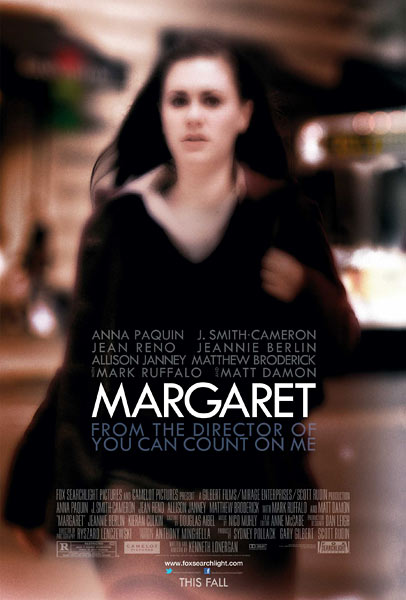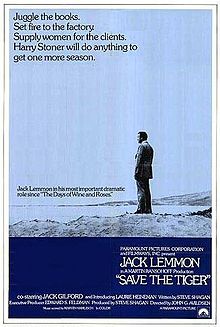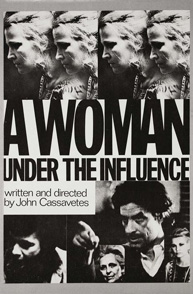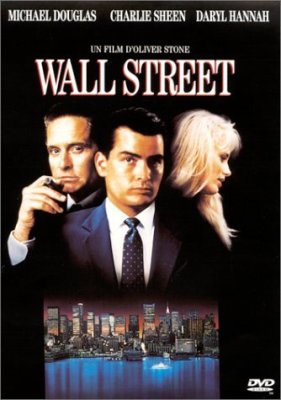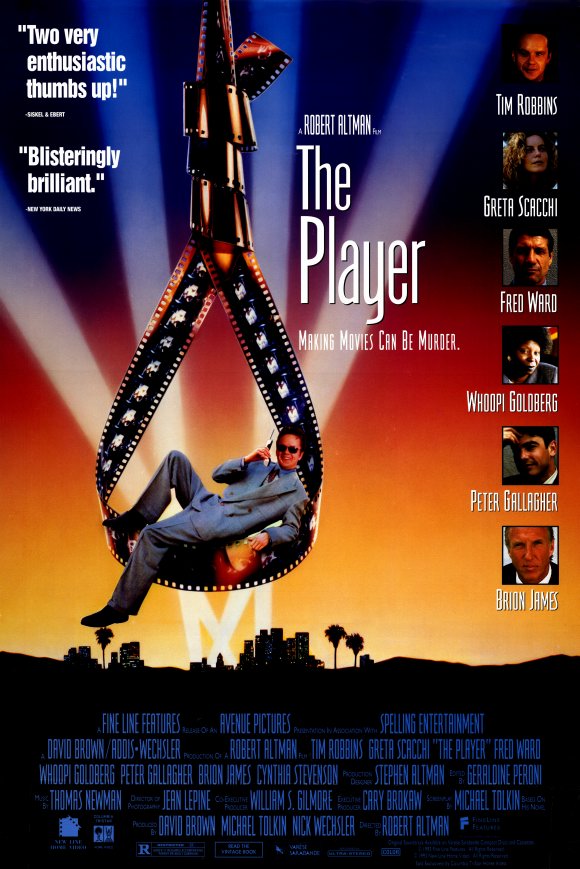
‘Knight of Cups’: Terrence Malick finds you can have it all — including the baggage
“Knight of Cups” clearly didn’t work for everybody.
A majority of critics panned it. An even larger majority of viewers apparently did the same.
Too often, films with compelling themes — say, financial scandals or computer hacking — struggle to find something to show. “Cups” knows what it wants us to see.
The images of Emmanuel Lubezki, who has won the last three Oscars for photography, will instantly draw parallels to his most recent triumph, “The Revenant.” That film was constrained by the standards of westerns; “Cups” is uninhibited scene-making.
Water is everywhere. Sometimes it is overwhelming, in the giant waves smashing the Pacific Coast. Other times it is candy, swimming pools where elites gather for decadence. Occasionally we see it in a trickle, almost out of place in a canyon or viaduct or spraying from fountains. And sometimes it is just right, a gentle, robust presence.
Those images soak us in the world of Rick, a middle-age screenwriter uncertain if the hedonism he has achieved is sustainable.
Skeptical critics center on the lack of plot or even narrative. They just have to look harder. What can we tell about Rick? Quite a bit. He has troubles with family members. He has no children, but he has wealth and/or status. He is surrounded by attractive and willing women. They are at once goal … and baggage. He lives and circulates in elite towers, modern offices and homes. Some elements of his life are seen in decrepit, run-down quarters.
Christian Bale, 42 upon the film’s release, is one of the world’s few actors who can adequately be Rick. Bale is not a screenwriter. Still, he has made millions and achieved enormous stature and admiration for the way he looks and for his charisma. Rick’s story is also undeniably something of Bale’s story, and Leonardo DiCaprio’s story, and Matt Damon’s story, and Russell Crowe’s story. What did I do to deserve this? And, Believe it or not, I’ve actually got a problem or two myself.
“Chinatown” shows us simmering trouble in the world’s most beautiful and desirable place. “Cups” puts a human being in that place and dares him to have his doubts.
“Cups” is divided into chapters labeled by tarot cards: The Moon, The Hanged Man, The Hermit, Judgment, The Tower, The High Priestess, Death, Freedom. Are those partitions necessary? Not really; “Cups” operates much like Baz Luhrmann’s “Moulin Rouge!;” you can turn it on any point and appreciate whatever capsule of drama you’re seeing. Many of the scenes emerge and disappear like dreams, a filmmaking crutch, but rarely done so effectively.
Similar to Robert Altman’s “The Player,” we know not how the protagonist achieved his position in Hollywood. We see that Rick has become privileged. Important people demand his work. He is even reminded of an assignment he didn’t do and told, “You don’t have to worry about it.” Although Rick is not depicted committing crimes, there’s a faint parallel to Godard’s “Breathless” in which a brazen character can do virtually whatever he wants without consequences.
Frequently in the backdrop of Rick’s thoughts is his father, Joseph. (Mom? This is a male story; there will be no Hitchcock-like emphasis here.) Brian Dennehy seems out of place as Joseph, but maybe that’s the point. Joseph early has blood on his hands. Whose? He will tell Rick, “I know you don’t love me.” Joseph also determines that Rick “can’t put the pieces together. Just like me.”
We know Rick has a brother who died. Another, Barry, played by Wes Bentley in a striking resemblance to Bale, has had substance-abuse difficulties and has reinvented himself but seems tethered to the streets. Randomness is a favorite theme among select filmmakers. How did Rick among his siblings end up the lone overachiever? Does that mandate guilt? If so, does that justify his behavior?
Rick can count himself guilty of hedonism. He seems spared from substance abuse. This is a different outcome from another movie character struggling with hitting it big in Southern California, Jim Morrison in Oliver Stone’s “The Doors.” Rick represents a Morrison who might’ve maintained sobriety into his 40s.
“All of those years, living the life of someone I didn’t even know,” Rick says in early voiceover. Rarely does Lubezki provide a full, comfortable look at Rick’s face. A lot of characters talk to Rick in the way Dennis Hopper’s journalist talks to Willard in “Apocalypse Now,” knowing he has to hear them. Many times the camera is alongside Rick; other times the images seem directly from his point of view. He is part of the scene while detached from it.
Like a lot of successful males, Rick nevertheless has trouble with women. “Cups” suggests attraction to females is fleeting and that this problem might be irreconcilable. Rick’s ex-wife, Nancy, played by Cate Blanchett, cannot provide him the excitement he gets from others, and their separation is a tragedy. While Rick dreams up pulp and drives fast cars, Nancy treats people of severe deformities. Images of one of her patients are among the most unforgettable of the film. She has devoted her considerable ability and training to the least fortunate, and one of her rewards is a failed marriage. “Are you sorry we didn’t have babies?” she asks Rick.
That subject comes into play in the Death chapter in which Rick and Natalie Portman’s Elizabeth come to grips with their illicit relationship. “I found out I was pregnant,” she tells him. “I wasn’t sure if it was my husband’s … or if it was yours.”
The scenes of the women bear comparisons with Harmony Korine’s “Spring Breakers.” We’ve got people leading extremely empty lives here, but everywhere you turn, there’s another bikini, in fantasy form; that’s our adrenaline, how can one ignore it? Some of the more mesmerizing scenes are of Freida Pinto modeling. Rick will also find his way to a pool gathering with Asian women, a wealthy Hollywood exec’s party (Ryan O’Neal ideally cast), Vegas, a strip club. “No one cares about reality anymore,” one of the women will say.
Lubezki’s images do not stop with water. He has a depiction of roads, the fast lane, all of those interconnecting exits and off-ramps, our ability to be anywhere but having to choose a path. These images glide remarkably smoothly from one to the other in short increments, avoiding the cliches of the herky-jerky camerawork of 1990s crime TV shows.
The music by Hanan Townshend occasionally pulses and beautifully haunts many of the scenes with a particular chord. The ending hits the perfect note. The trailer suggests with a little too much certainty that Rick ultimately sees the light.
“Cups” is far more than a warning label for Hollywood. It’s a beautiful, extraordinary depiction of trade-offs. That life presents us with other human beings; some will be accretive, others destructive, and there’s no outrunning them no matter how successful we become.
3.5 stars
(September 2016)
“Knight of Cups” (2016)
Starring Christian Bale as Rick ♦
Cate Blanchett as Nancy ♦
Natalie Portman as Elizabeth ♦
Brian Dennehy as Joseph ♦
Antonio Banderas as Tonio ♦
Wes Bentley as Barry ♦
Isabel Lucas as Isabel ♦
Teresa Palmer as Karen ♦
Armin Mueller-Stahl as Fr. Zeitlinger ♦
Imogen Poots as Della ♦
Peter Matthiessen as Christopher ♦
Cherry Jones as Ruth ♦
Patrick Whitesell as Agent #1 ♦
Rick Hess as Agent #2 ♦
Michael Wincott as Herb ♦
Kevin Corrigan as Gus ♦
Jason Clarke as Johnny ♦
Joel Kinnaman as Errol ♦
Clifton Collins Jr. as Jordan ♦
Nick Offerman as Scott ♦
Jamie Harris as Burglar ♦
Lawrence Jackson as Burglar #2 ♦
Dane DeHaan as Paul ♦
Shea Whigham as Jim ♦
Ryan O’Neal as Ryan ♦
Bruce Wagner as Bud Wiggins ♦
Jocelin Donahue as Jocelin ♦
Nicky Whelan as Nicky ♦
Fabio as Fabio ♦
Joe Manganiello as Joe ♦
Thomas Lennon as Tom ♦
Joe Lo Truglio as Guest ♦
Beau Garrett as Beau ♦
Katia Winter as Katia ♦
Jelly Howie as Jelly ♦
Nick Kroll as Nick ♦
Danny Strong as Danny Strong ♦
Sergey Bodrov as Sergei ♦
Joerg Widmer as Photographer ♦
Kelly Cutrone as Model Agency Woman ♦
Alpha Takahashi as Japanese Girl #1 ♦
Yumi Mizui as Japanese Girl #2 ♦
Slavitza Jovan as Tarot Card Reader ♦
Naha Armady as Naha ♦
Roderick Janette as Weightlifter ♦
Thomas Barnes as Dr. Barnes ♦
Isis Alize as Barbie ♦
Cleo Bartolo as Maid ♦
Leo Vendedda as Burn Victim #1 ♦
David Joseph Salamida as Burn Victim #2 ♦
Melissa Haro as Model #1 ♦
Rachel Zimmerman as Model #2 ♦
Jessica Farrow as Model #3 ♦
Elizabeth Betzen as Model #4 ♦
Alana Marie as Photo Studio Model ♦
Madeleine Lindley-Wade as Dancer #1 ♦
Sara Mohr as Dancer #2 ♦
Pheobe Schraft as Harpist ♦
Sarah Kaite Coughlan as Party Goer #1 ♦
Miranda Jewel as Party Goer #2 ♦
Riley Lee as Boss ♦
Jennifer Connell as June ♦
Paula Lema as January ♦
Christie Beran as Vegas Pretty Girl ♦
Ben Kingsley (voice)
Directed by: Terrence Malick
Written by: Terrence Malick
Producer: Nicolas Gonda
Producer: Sarah Green
Producer: Ken Kao
Executive producer: Glen Basner
Executive producer: Tanner Beard
Co-executive producer: Christos V. Konstantakopoulos
Co-producer: Hans Graffunder
Co-producer: Elizabeth Lodge
Associate producer: David Melito
Associate producer: Morgan Pollitt
Associate producer: Tyler Savage
Cinematography: Emmanuel Lubezki
Production design: Jack Fisk
Editing: Geoffrey Richman, Keith Fraase, A.J. Edwards
Costumes: Jacqueline West
Original music: Hanan Townshend
Casting: Francine Maisler
Additional casting: Lauren Grey
Art direction: Ruth De Jong
Set decoration: Fontaine Beauchamp Hebb
Makeup and hair: Miia Kovero, John Jackson, Patricia DeHaney, Kim Collea, Lynne Eagan, Keith Sayer

